What I learnt was that you have to trust your process and create what feels right to you. Stay as authentic as you possibly can to your vision and what you fundamentally believe in. This is your body of work that will represent you long after you are gone. Never be in a rush or choose against your readiness. Go with the flow of life.
The misunderstood concepts of the human experience and outside forces that chisel away at human freedom, interests artist Kristoffer McAfee

How did your tryst with art begin?
It all started with a fascination for cartoons, to be very honest. The colours, shapes, contrasting hues, form, design, and solid tones, which for the ‘90s were very intentional. Spending way too much time in front of the television, like most ‘90s kids, led me to subconsciously having an appreciation for these subtle details. With a mixture of going out in the ‘real world’ and not seeing anything that I saw on the telly, thus started my concept of bringing what I want into reality. However, it took me years to realise that, even though I still predominantly watch cartoons today.

Tell us about the evolution of your practice over the years.
My major bodies of work started during my teen years in high school on the south side of Chicago. I had the honour of being taught the graffiti art form from a social studies teacher of mine. He also happened to be one of the best graffiti writers in the country. So, with a crew of other individuals from Chicago, we would all travel coast to coast, painting murals and meeting other artists in the region.
This happened up until my early 20s, and then I became pretty involved in fashion design. Then I lost my job due to the 2008 recession and began painting on canvas to “pass the time”. Years later, I received the opportunity to go to Paris and stay for quite some time – surrounding myself with amazing art works, beautiful architecture and endless history.
I came back to America and decided that if I wanted to take my career to the next level I would have to check out the art school. Five years later, I graduated from the School of Art Institute of Chicago with a BFA in fine art. Now, I’m sending out applications for grad school.

What were your biggest lessons and hurdles along the way? Which is the most memorable moment?
What I learnt was that you have to trust your process and create what feels right to you. Stay as authentic as you possibly can to your vision and what you fundamentally believe in. This is your body of work that will represent you long after you are gone. Never be in a rush or choose against your readiness. Go with the flow of life and change those things that you have control over, while completely letting go of anything you can’t.
What inspires you? Take us through your process and continuous frameworks of reference.
The misunderstood concepts of the human experience inspire me the most. We are subjected to so many outside forces that, far too often, are designed to control us or take something away. Our time, our money, our health, and our freedom are all at risk within a designed model of daily life. I dwell on topics that affect the masses, to have inclusivity no matter the cultural background, gender or race. I also want to put visual beauty into the world for those that just want something mentally stimulating to escape into.

What is the primary role of an artist? How do you describe yourself in the context of challenging people’s perspectives via your work and art?
I believe the primary role of an artist is to expose the truth within society and make it digestible for public, with the hope that they gain some form of insight and curiosity into an area of life that they may not be familiar with or have a misunderstanding of. I want to expose the many possibilities of reality and what we truly have the power to change, and everything around us.
How do you balance art and life?
To be completely honest, my life is my art. I don’t mean to sound self-absorbed or compassion-less to those around me that I love and care about. However, I’m always looking for inspiration or wish to express another form of art within fashion, both mentally and as a life approach.

How do you deal with the conceptual difficulty and uncertainty of creating work?
I really don’t experience any form of conceptual difficulty or uncertainly in creating my art. I have many topics in the word that I want to speak on, that have multiple viewpoints along with endless arrangement of colours and scale. It’s all about discipline, work ethic and how much you truly want to change – not only your life but the world as a whole.

How does your audience interact and react to the work?
Well, first of all, everyone always wants to touch my work hahaha… It is very textured and multi-dimensional in many aspects. So I can understand the desire to feel the surface. It could be to a degree of attempting to understand the work better and become more ‘familiar’ with this independent object standing in its own space and time. Then, of course, the most common question I hear is, “How long did it take you to make this?”

What are you looking for in an art work?
When I view other artists’ work, my attention is usually directed towards the amount of detail and care the artist has put into the body of work as a whole. How the canvas is stretched, how the corners are painted, the thickness of the paint, the amount of time it took to complete it, man hours dedicated and so on.

What is that one thing you wished people would ask you but never do?
The one thing I wish people would ask me more is, “How can art change my life for the better?”

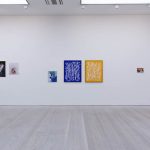
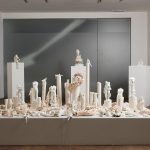
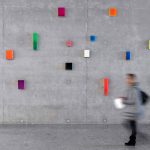
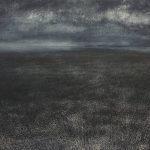
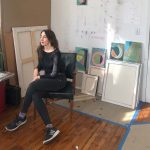
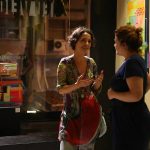


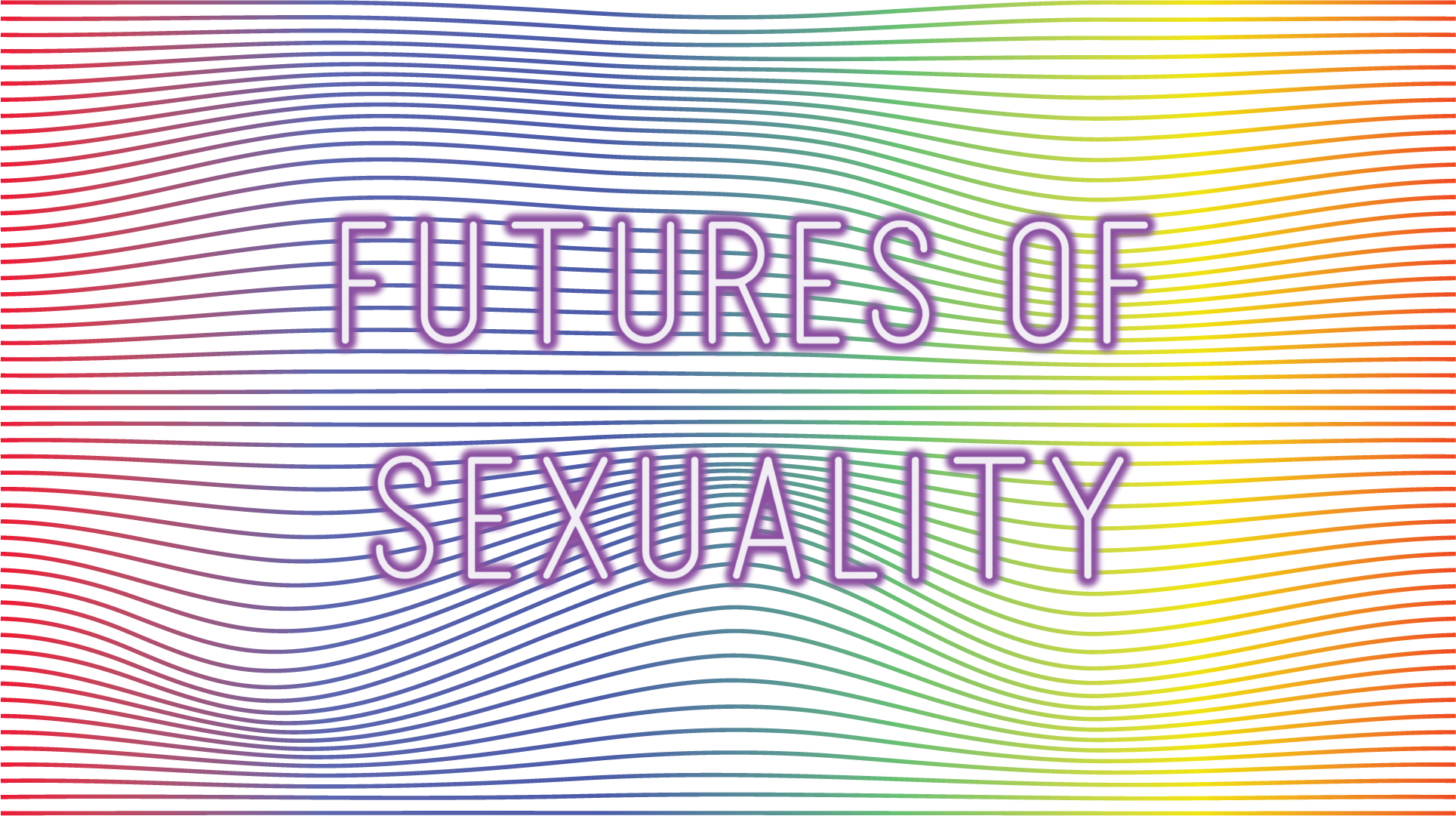
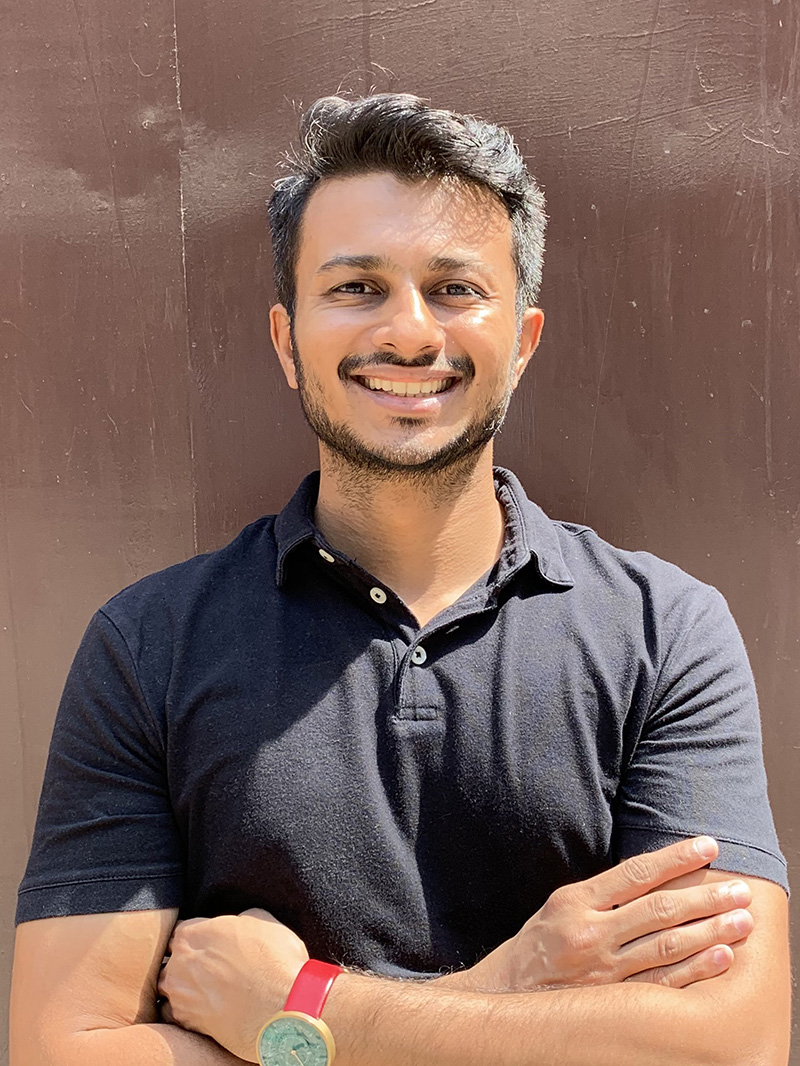

Add Comment